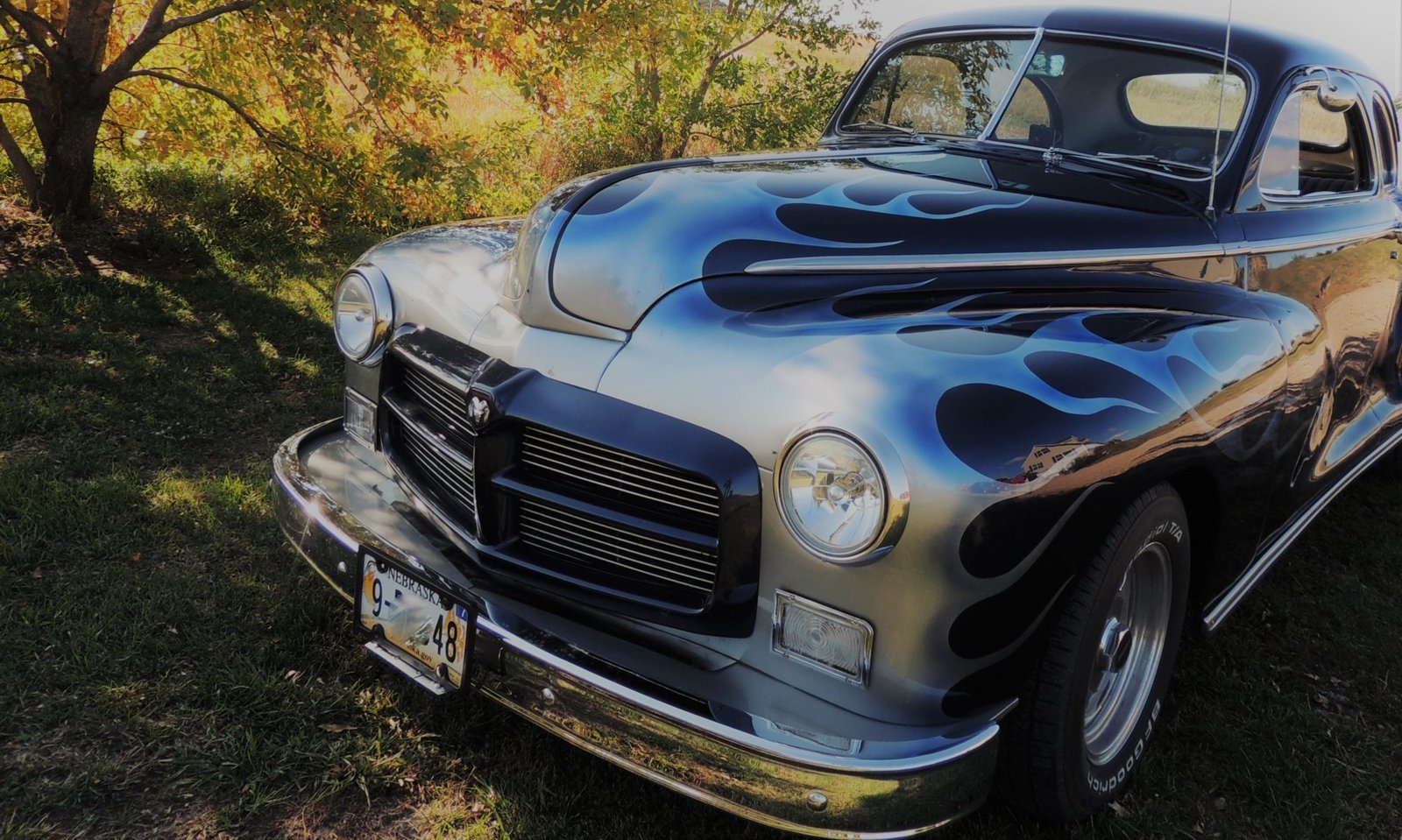

On November 3, 1916, the headlines of one paper read:

The Dodge brothers, John and Horace, owned 10 percent of the Ford Motor Company stock, and that stock had proved lucrative. From January of 1914 to October of 1915, special dividends of $34 million had been distributed to shareholders in addition to regular monthly dividends of 5 percent. With earnings of around $60 million for the year ending July 31, 1916, it looked like even bigger dividends were on the horizon. It looked that way, that is, until Henry Ford, the Detroit man accused of wild speculation, said otherwise.

Ford announced that there would be no special dividends issued because profits were going to be used, instead, for business expansion. Ford had plans to invest in iron ore mines and to build ships to transport the ore to steel manufacturing plants that would also be built and owned by Ford. The Dodge brothers obtained a temporary injunction blocking Ford’s plans. They accused Ford of engaging in reckless behavior during unstable post-war conditions and of depriving shareholders of a reasonable return on their investments.
For his part, Henry Ford denied the allegations of recklessness and said he was only continuing his successful business model of selling a tremendous number of cars at a small margin of profit. The LA Times quoted him as saying, “They own 10 percent of the stock and I own about 58 percent. I can’t injure them $10 worth without at the same time injuring myself $58 worth.”
The court proceedings were brimming with showmanship and hyperbole. The attorney for the Dodges asserted that much of Ford’s success was due to the mechanical and engineering abilities of the Dodge Brothers and questioned whether Henry Ford was “inventive genius or inventive crank.” He also stated that Ford’s goal was to crowd out all competition, and if he would only admit that purpose he would go to jail. Ford accused the Dodge Brothers of just being jealous competitors. He said the brothers tried to force him to buy them out and threatened to harass him until he did. During the court proceedings, Ford shook his finger at the Dodges’ attorney and said “If you sat there until you are petrified I wouldn’t buy the Dodge stock nor would I buy that of any other stockholder.”
The court eventually sided with the Dodges, and that judgment was mostly affirmed by the Michigan Supreme Court. Ford was ordered to issue dividends in the amount of $19,275,385 with the Dodges getting 10 percent of that. Also, despite the finger shaking, Ford did buy back the stock owned by the Dodges in July of 1919 for $25 million. The long-standing Dodge-Ford relationship had finally been severed.
Sadly, tragedy was about to strike the Dodge brothers. In January of 1920, Horace and John attended an auto show in New York. While there, they both contracted the influenza which had been a world-wide epidemic, and it developed into pneumonia. John never left New York, dying in his room at the Ritz-Carlton. He was only fifty-five years old. Horace continued to struggle with health complications until he died in December of that year with cirrhosis of the liver listed as the official cause. He was only fifty-two years old at his death.
According to author Charles K. Hyde in The Dodge Brothers: The Men, the Motor Cars and the Legacy, Henry Ford and the Dodge brothers maintained a remarkably cordial relationship after the lawsuit. It was well known that Ford was capable of carrying a grudge. For instance, looking back at all he had achieved, Ford once said that he considered his “outstanding achievement” to be defeating George Selden (in the the automobile patent court fight). He did not appear to retain any animosity toward the Dodges, however, and was reportedly very upset when he received the news of John’s death. He attended John’s funeral and both he and his son, Edsel, served as honorary pallbearers at Horace’s funeral.
Unlike many of the showmen in the early days of the automobile industry, the Dodge brothers were not interested in self-promotion. Perhaps that’s why John and Horace Dodge are not names as well-known as Henry Ford and others, and why there haven’t been numerous books written about them. Their goal was simply to build a quality product “that speaks for itself,” their company motto. The Dodge brothers made enormous contributions to the automobile industry and should be remembered accordingly. This ad was published shortly after the death of Horace Dodge, and it is a fitting tribute, short and sweet, and one that surely would have had their approval:



